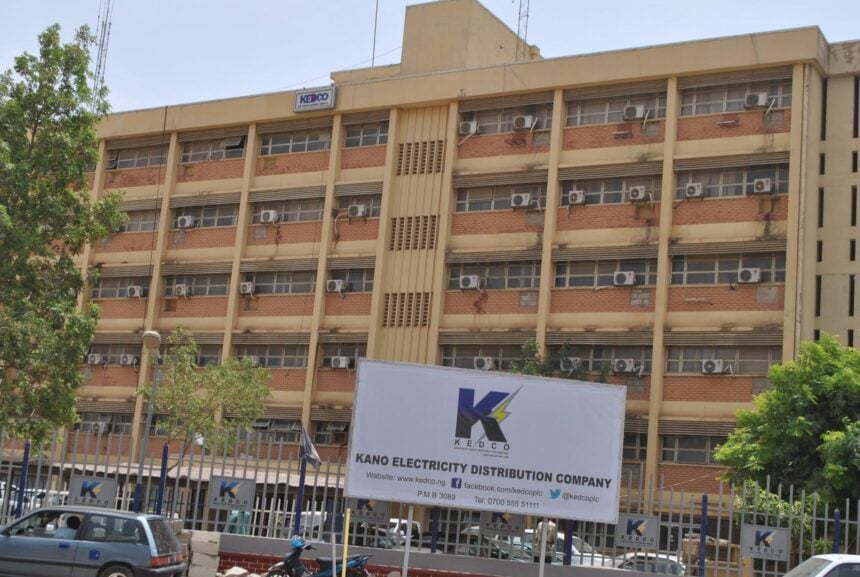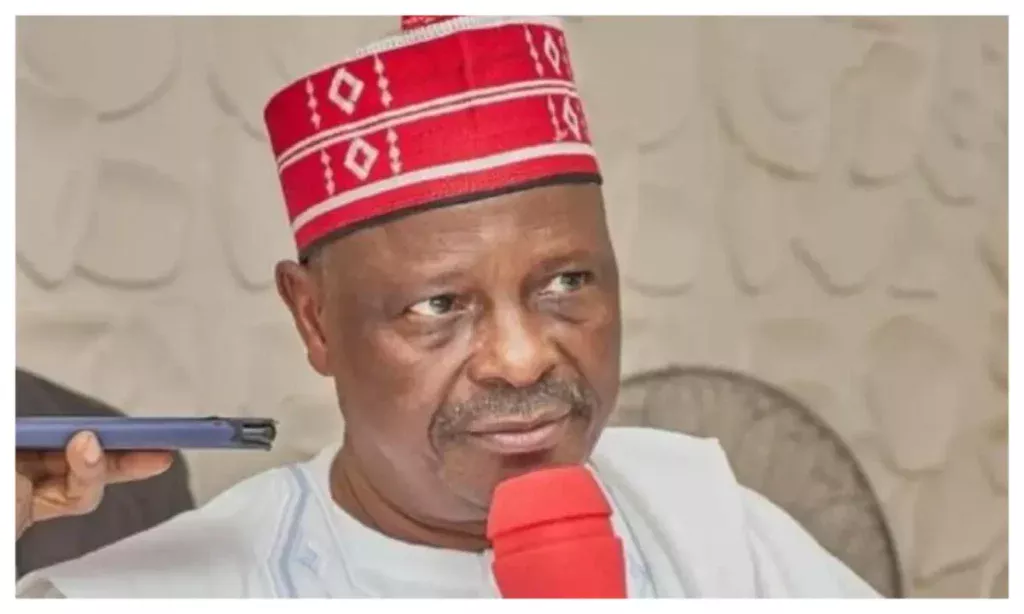In a David versus Goliath saga, Nigerian lecturer Inih Ebong has emerged victorious in a protracted legal tussle against the University of Uyo. His quest for justice, spanning over two decades, climaxed with a recent landmark ruling in his favor at the Court of Appeal, Calabar.
Mr. Ebong’s ordeal began in 2002 when the University of Uyo unjustly terminated his appointment as an associate professor in the Department of Theatre Arts. This act, deemed unlawful, triggered a relentless legal battle that left him grappling with severe financial strain, health challenges, and emotional turmoil.
His struggle garnered widespread attention when Nigerian billionaire Femi Otedola intervened to sponsor his medical treatment after a harrowing diagnosis of cardiac failure. The plight of the ailing lecturer, unable to fend for himself and his family, struck a chord, prompting a wave of public empathy and support.
Despite the University of Uyo’s persistent refusal to reinstate him, Mr. Ebong’s unwavering determination bore fruit with successive legal victories. The National Industrial Court’s judgment in January 2020 ordered the university to reinstate him, compensate him with N10 million in damages, and settle his accrued salaries and allowances. This ruling, upheld by the Court of Appeal, signifies a monumental triumph for justice and resilience.
The university’s attempts to challenge the ruling have been met with legal setbacks, including the dismissal of their appeal for an extension of time by the Court of Appeal. The judiciary’s firm stance in upholding Mr. Ebong’s rights underscores the pivotal role of legal recourse in safeguarding individuals from unjust treatment.
Throughout the tumultuous journey, Mr. Ebong, now 73, persisted in seeking an amicable resolution with the university, yet his overtures were rebuffed. His legal counsel, Nse Williams, emphatically demanded the university’s compliance with the court’s judgment, emphasizing the finality of the Court of Appeal’s decision.
Amidst the legal wrangle, Mr. Ebong’s health has further deteriorated, illustrating the profound toll exacted by his protracted battle. His frail voice and admission of physical debilitation underscore the human cost underlying the quest for justice.
As the saga continues, the unresolved appeal for a stay of action by the University of Uyo prolongs the anguish, highlighting the imperative of expeditious judicial processes in resolving such cases.
In a world where the vulnerable often encounter systemic injustices, Inih Ebong’s tenacity serves as a testament to the indomitable spirit that unyieldingly pursues truth and vindication. His triumph resonates as a reminder that perseverance in the face of adversity can ultimately triumph over entrenched opposition.



